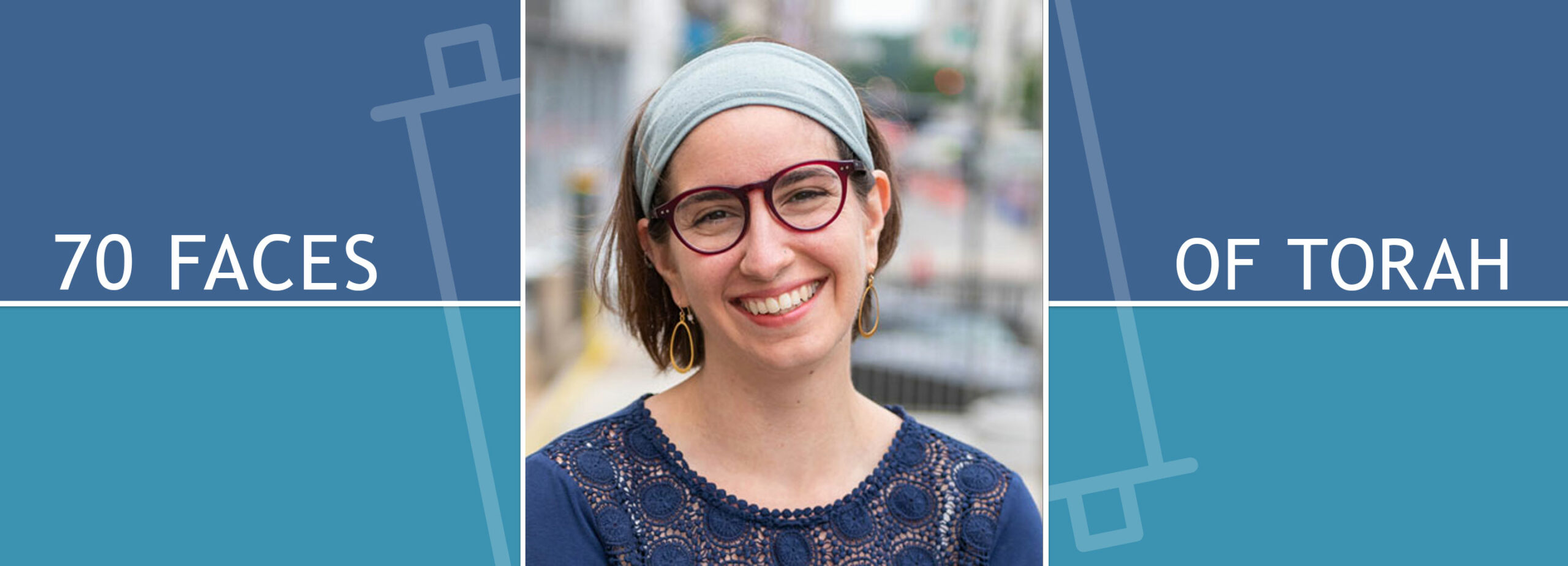Exodus The Promise of Exile

Parshat Va’era (Exodus 6:2-9:35)
The year I spent living and traveling in New Zealand was a year in which I lived entirely on what I could carry on my body. All of us backpackers, bouncing at once together and separate from hostel to hostel, were reduced to the same couple of unwashed t-shirts and pants, essentialized versions of ourselves, stripped of what made us distinguishable from one another. It was a year of living in exile, a chosen exile, but exile nonetheless; far from my family, from my friends, from a version of myself that I thought I knew.
In this week’s parsha, parshat Va’era, God follows up on a promise made back in the Book of Genesis. In Genesis, God tells Avraham, then still Avram, that his descendants will be strangers in a land that is not their own, enslaved and oppressed for four hundred years. Lest Avraham become too despondent over this promise of exile, God assures Avram that after that trying period, B’nei Yisrael will go forth with great possessions. In this week’s parsha, we see the beginning of the fulfilment of that promise and the four expressions of redemption. With one crescendoing verb after another, God promises to free us, deliver us, redeem us, and take us to the promised land as God’s people.
This strange promise has sparked many to wonder why did the Jewish people have to be enslaved only so that they could be redeemed? What purpose did those 400 years of oppression serve in the formation of the Jewish people? Put simply, what is the function of exile?
One of my favorite teachings comes from the Mishna of Pirkei Avot. Rabbi Nehorai teaches, “Exile yourself to a place of Torah. And do not say that it will follow after you, that your colleagues will make it yours. Do not rely on your understanding.” The Bartenura, a 15th century rabbi perhaps best known for his commentary on the Mishna, understood this to mean that, if there are no Torah scholars where you are, then you must go to where there is Torah.
It is so striking that Rabbi Nehorai chose to use the word exile here. When I think of exile, I think of loneliness, I think of something we do not chose for ourselves but that is chosen for us, something that is altogether uncomfortable and foreign. And yet here, we’re being told that part of learning Torah is deliberately placing ourselves in situations that are foreign. It involves picking ourselves up from places of comfort, plucking ourselves out of situations of familiarity, so that we can expose ourselves to new experiences and perspectives.
I read this Mishna as not only being about Torah but about personal growth in general. That year spent backpacking around New Zealand was perhaps one of the most formative periods of my life. Still today, I identify myself as a “backpacker,” as someone who once carried all my possession on my back, who wandered from place to unknown place, as I explored a foreign land. That period of exile helped shape me into who I am today. In a part of the world with few Jews, it awakened in me a desire to live deeply in Jewish community. It taught me that sometimes my own company was enough; that I had it in me to get myself where I needed to go and to be okay with doing it alone. Most of all, it challenged me to see myself as distinct from my possessions; my identity wasn’t bound up in the style of my clothing, in the books on my bookshelf, or in the objects that defined me. It was something that I carried inside me, something invisible that translated into the way I saw the world and interacted with those around me.
What lessons do the Israelites learn while in exile in Egypt for 400 years? What truths do they internalize and take with them, passed down to the generations to come? Do we see ourselves as a people once oppressed even when we now live in times in which we are free? Do we see ourselves as a people who survived the worst, who found an inner strength in times of darkness?
Long after our backpacks have been set aside, we remain backpackers. Generations after we have been redeemed, we are a people shaped by our experience in exile. As the poet Yehuda Amichai wrote in his poem in Israeli travel, “What remains? The suitcases on top of the closet, they are all that remains.” Long after we return home, those suitcases connect us to all of the places we have been and serve as a reminder of a future exile that may await.
Rabbi Avi Strausberg, a 2015 graduate of the Rabbinical School of Hebrew College, is the Director of Congregational Learning at the Temple of Aaron in St. Paul, Minnesota and the creator of the Daf Yomi haiku blog inhaiku.wordpress.com.
Interested in a possible career in the rabbinate? Read Rabbi Dan Judson’s article “Jewish Lessons on Meaningful Work.“ Rabbi Judson is Dean of the Rabbinical School of Hebrew College. He has a PhD in Jewish history from Brandeis University.

